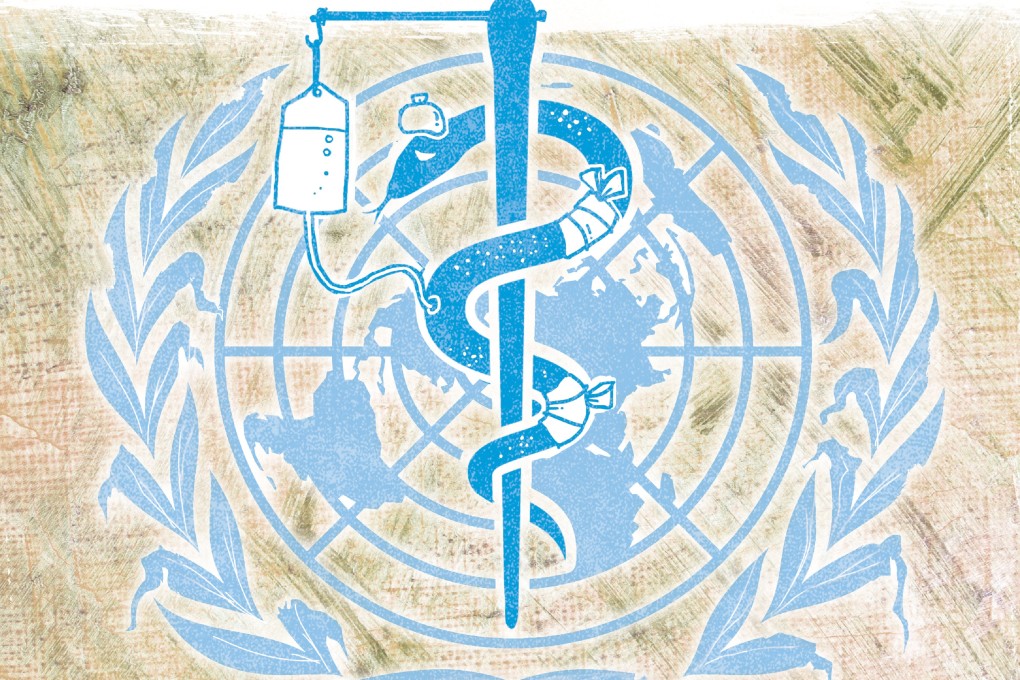As the Mers crisis deepens, is the WHO fit for purpose?
As the Mers crisis deepens, critics say the UN health agency needs major surgery to fight disasters

For a group tasked with looking after the well-being of the global population, the World Health Organisation's latest check-up made for grim reading.
Suffering from an internal malaise that stands to get worse before it gets better, the UN agency has come under intense scrutiny in recent months after bungling the recent Ebola crisis in Africa with its slow response. But the diagnosis is not all bad.
"Now is the historic political moment for world leaders to give WHO new relevance and empower it to lead in global health," said an interim internal report released last month by a WHO panel that was mandated to assess why it failed in its handling of the Ebola crisis.
The report card found that "business as usual" and "more of the same" were no longer options, urging the organisation to introduce major reforms "to meet the challenges of increasing global interdependence and shared vulnerability" as well as "to regain the trust of the international community".
"There is a strong, if not complete, consensus that WHO does not have a robust emergency operations capacity or culture," the report said.
With the Middle East respiratory syndrome (Mers) outbreak in South Korea, critics have stepped up calls for major change within the organisation, adding to the raft of recommendations made in a report by British think tank Chatham House last May titled "What's the World Health Organisation for?" It noted the group was "too politicised" and "too bureaucratic" and in need of a major overhaul.
